Do cordless vacuums use more electricity? Experts explain the energy efficiency of cordless (and corded) vacuum cleaners
Here's the lowdown on how much electricity cordless vacuums actually use

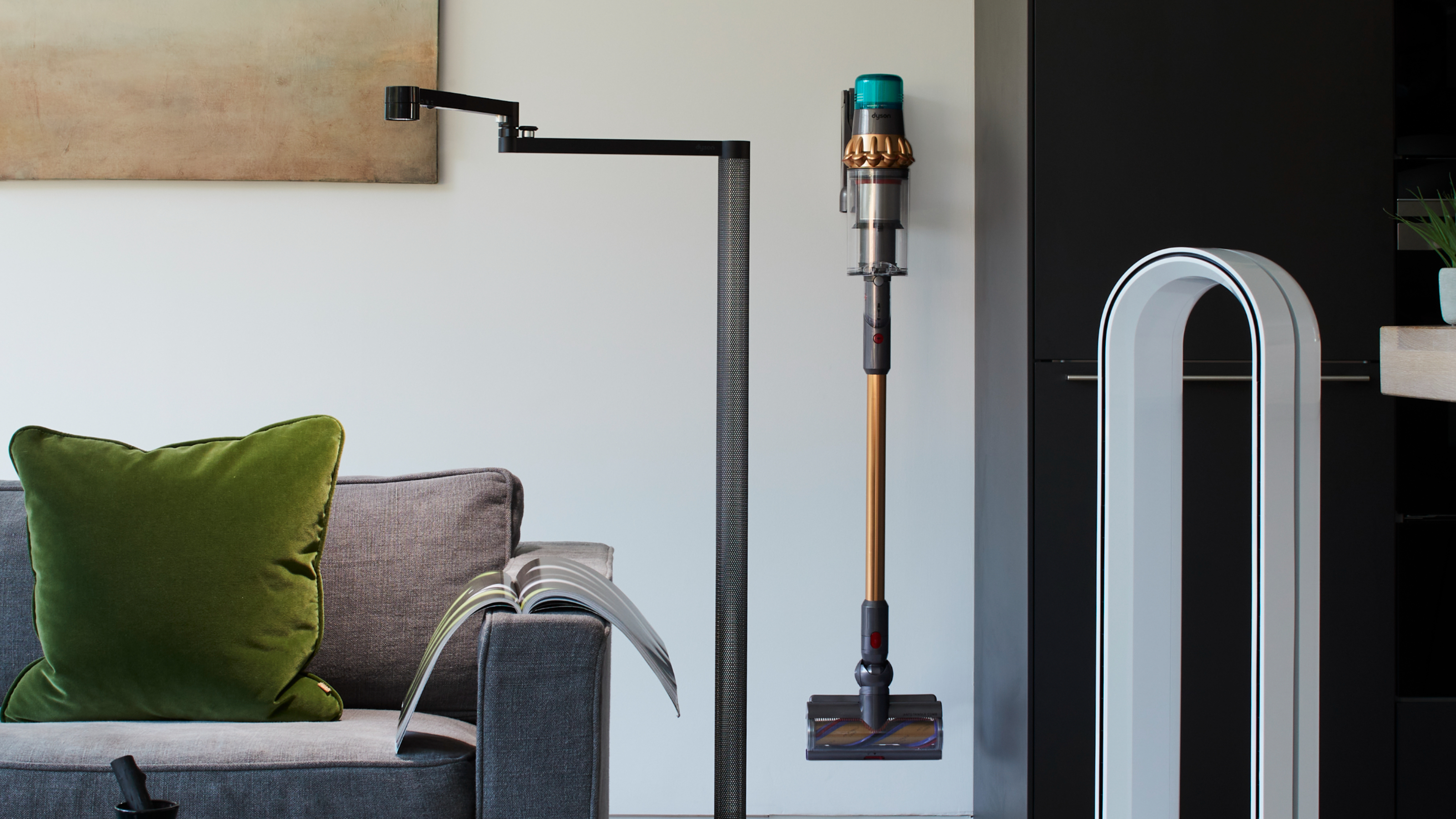
More and more people seem to be converting to cordless vacuums recently, and it's easy to see why. These battery-powered machines make light work of daily vacuuming, but where they stand on the energy-efficiency scale can be a little more confusing. We've asked vacuum experts the question - do cordless vacuums use more electricity - to get the clarification we need.
The best cordless vacuums feel effortless to use, but are they costing us more than a traditional plug-in model would? Corded vacuums draw electricity from the mains when in use, while cordless models are powered by their own rechargeable battery. So knowing which is using more electricity overall is a little confusing.
Aside from knowing how much it costs to run a vacuum cleaner, getting clear on the most energy-efficient type is the next best thing you can do for saving energy at home. Here's everything you need to know.
Do cordless vacuums use more electricity?
In general, cordless vacuums actually use less electricity than traditional plug-in vacuums. Due to their lightweight design, they tend to have a lower wattage and are typically less powerful than regular vacuums.
'Cordless vacuums typically use less electricity than traditional corded models, primarily due to their efficient design and lower power ratings,' explains Atit Chopra, Product Development Director, Beldray. 'Additionally, cordless vacuums often have various power settings, allowing you to adjust suction based on the task at hand, which can help to conserve energy.'
Catrin Davies, Senior Product Manager at Hoover UK agrees. 'Cordless vacuums generally use less electricity than plug-in models during operation due to their lower wattage and battery-powered design, making them energy-efficient for everyday cleaning.'
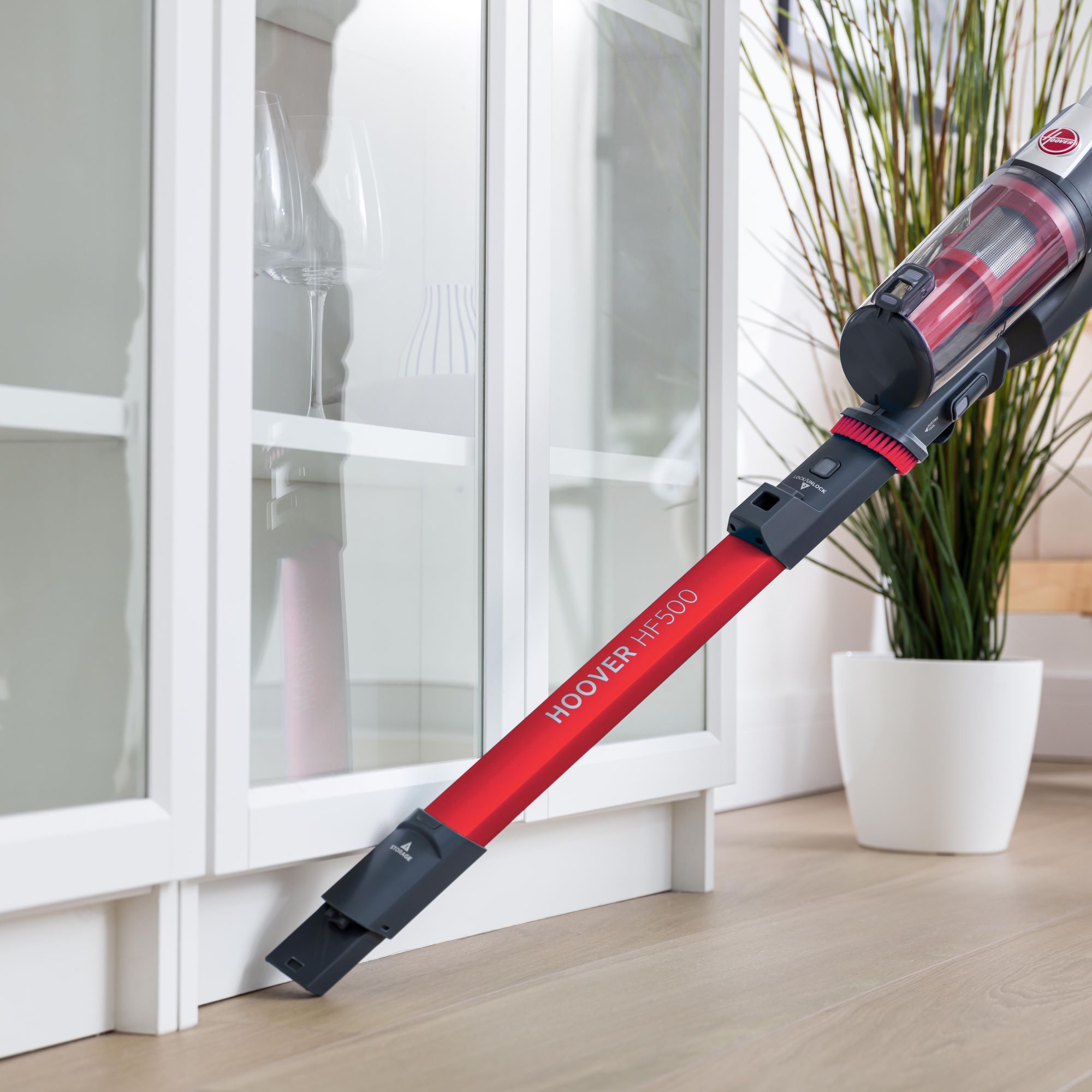
Cordless vacuums are powered by a battery, whereas corded vacuums draw power from the electricity socket, which is why the latter uses more energy when in use.
Sign up to our newsletter for style inspiration, real homes, project and garden advice and shopping know-how
'A typical, corded vacuum cleaner might consume 500-900 watts per hour of use, directly using electricity from the mains as it works,' explains Tom Hall, Category Manager for Vacuums, Kingfisher Direct. 'In comparison, cordless vacuums consume their own stored energy while being used - though they obviously require charging so that they have energy to be used.'
The answer to do cordless vacuums use more electricity does get a little more complicated when you bring in the charging aspect. Tom explains that sometimes, leaving a cordless vacuum on charge can use the same energy as it would take to use a corded vacuum cleaner over a specific amount of time.
While it is safe to leave a cordless vacuum plugged in, doing so can result in wasted electricity usage, unless the battery has a smart charging system. This is when the battery automatically switches itself off when it's fully charged, to prevent energy waste and long-term damage to the battery. Most modern cordless vacs have this; you should be able to see if yours does via the manufacturer information.
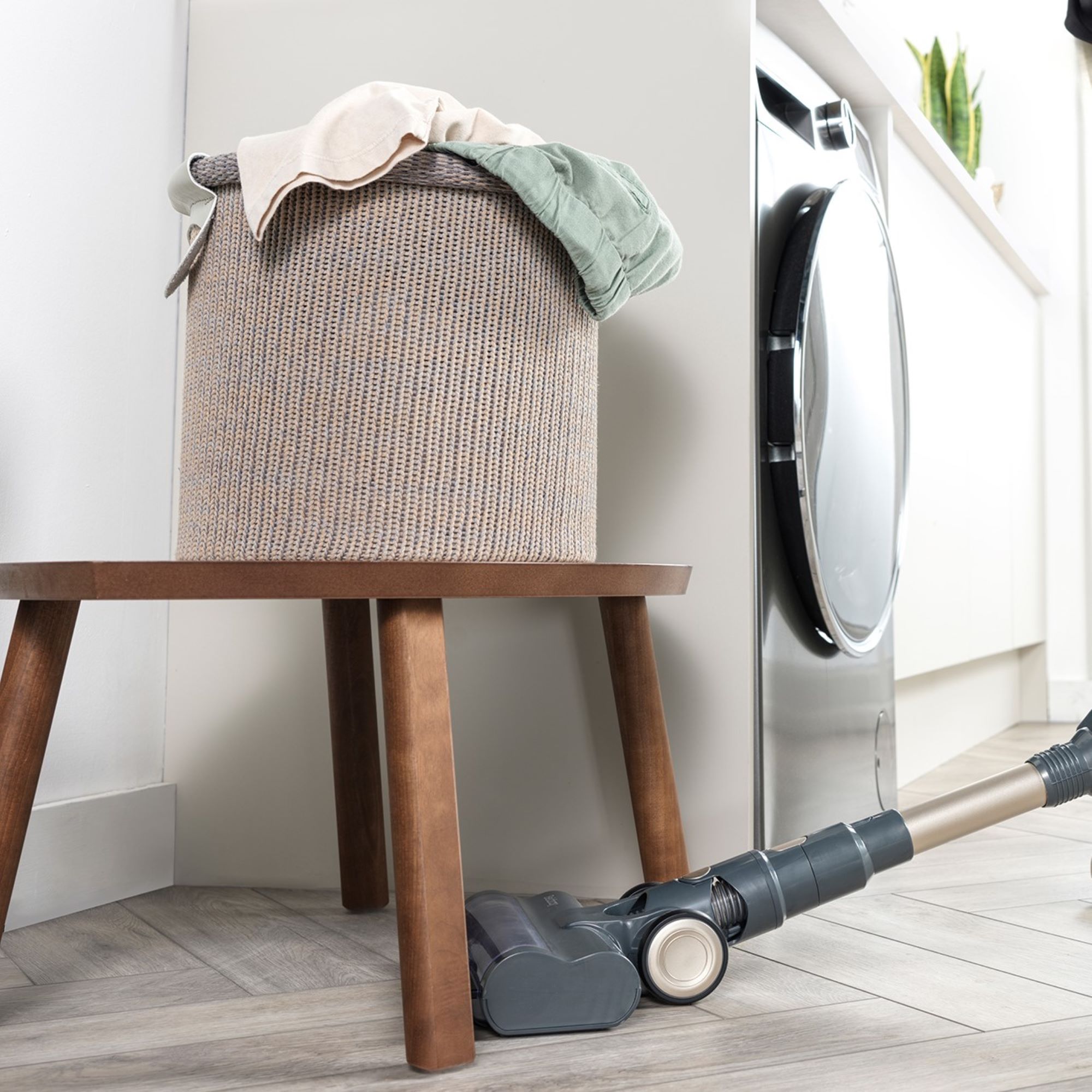
'To sum it up, cordless vacuums will likely use less electricity, as long as the battery is in good condition and doesn't get over-charged,' Tom summarises.
In most cases, a cordless vacuum will use less electricity than a corded vacuum because they do not use electrical power while in use. Yes, they need to be plugged in and charged when they're not in use, but because of the way modern cordless vacuum batteries are designed, this doesn't usually waste unnecessary power.
Our favourite cordless vacuum cleaner
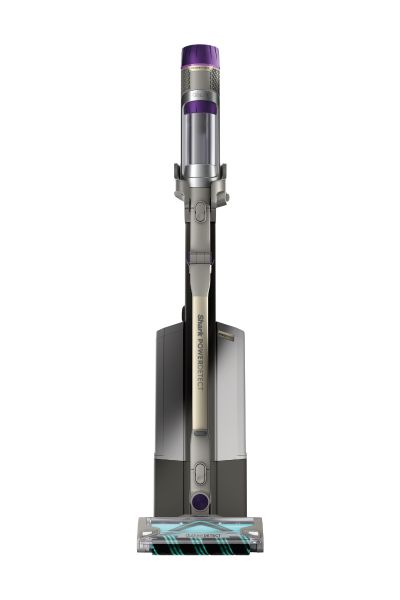
The Shark PowerDetect Clean and Empty is the latest launch from Shark and seriously impressed our reviewer. It has a charging dock where it will also auto-empty itself so it's always ready to go
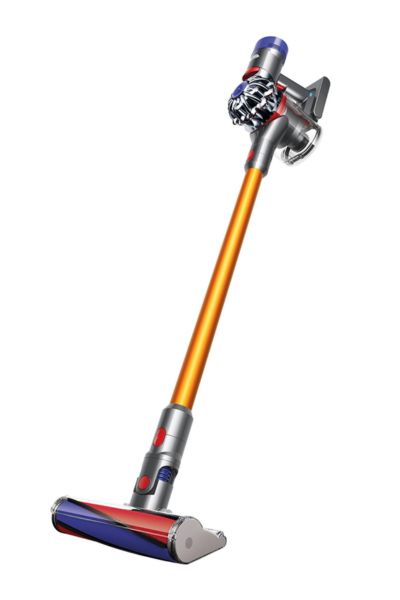
This might be one of Dyson's oldest vacuum cleaners but the V8 has stood the test of time. It still impressed our reviewer trying it in 2024, despite the original launch being in 2016.
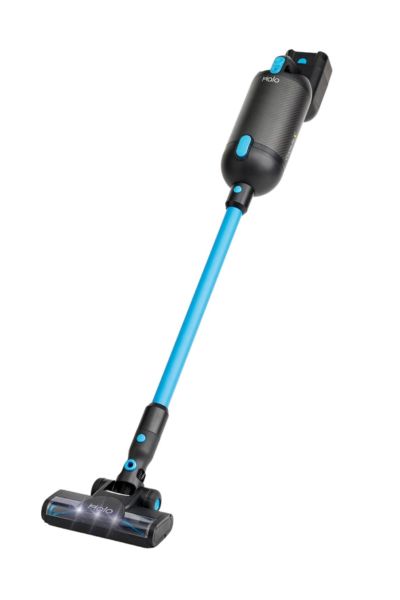
If you are looking for a cordless vacuum cleaner to tackle pet hair, this model is for you. It has a bagged system to make disposing of hair and dander super easy.
FAQs
Do cordless vacuums have as much power as corded?
Whatever you're using, you can help your device perform better by learning how to clean a vacuum properly. Typically, a corded vacuum will be more powerful than a cordless, though it does depend on the make and model. Modern cordless vacuums are designed with powerful suction in mind, and can sometimes have just as effective pick-up as corded models.
'As corded vacuums are constantly powered directly from the mains, there's more chance of a corded vacuum being more powerful and more consistent in high levels of suction, especially over particularly long periods,' Tom Hall explains. This is because once a cordless vacuum's battery starts to run out of power, suction will be less strong and therefore less powerful.'
Most cordless vacuums have different settings whereby you can increase the suction power, but this means the battery will run out faster. If power is your priority, you might prefer to invest in one of the best vacuums. Some people like to use a traditional, plug-in vacuum for a weekly deep clean, then rely on a cordless model for daily top-ups.

Katie has been writing freelance since early 2022, specialising in all things homes and gardens, following achieving a Masters in Media and Journalism. She started out writing e-commerce content for several of Future’s interior titles, including Real Homes, Gardeningetc, Livingetc, and Homes and Gardens. Since then she’s been a regular contributor on Ideal Home’s digital team, covering news topics, how-to guides, and product reviews.